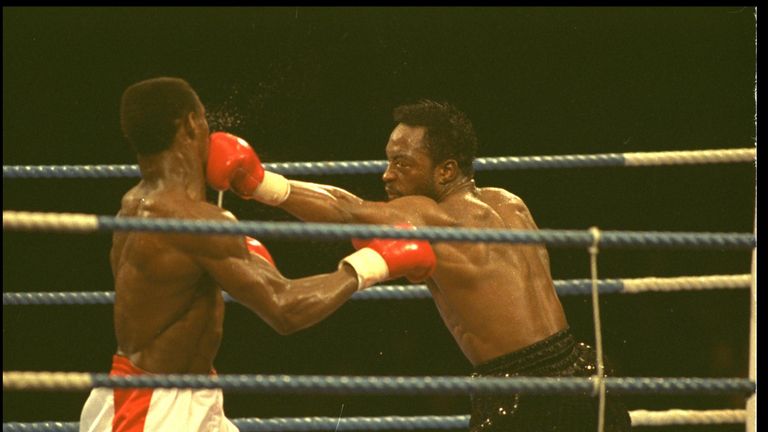Thirty-five years ago, a brutal and unforgettable clash between Chris Eubank and Nigel Benn ignited a golden era for British boxing. Their 1990 showdown in Birmingham blended raw ferocity, personality, and theatre in a way that captivated the nation. It also changed the path of many who witnessed it, drawing them deeper into the sport’s mix of glory, pain, and deep personal stories.
That first encounter was a war of opposites. Benn, the destructive knockout artist, faced Eubank, the polished showman who mocked the savagery of the sport even as he embraced its dangers. Their rivalry defined a generation, inspiring fans who knew little about boxing to pack pubs and tune in to watch these magnetic figures battle for supremacy.
The sons they raised, Conor Benn and Chris Eubank Jr, grew up in the shadows of their fathers’ legacies. But they inherited a sport that has drifted into darker territory. Today’s boxing landscape is clouded by commercial interests, controversial matchmaking, doping disputes, and the overpowering influence of Saudi Arabian money. The purity and brilliance that once defined the sport feel increasingly distant.
Conor Benn and Eubank Jr’s rivalry, built more on branding than sporting merit, has struggled to match the authenticity of the original feud. Their first scheduled bout in 2022 collapsed under the weight of doping revelations and bitter disputes. Even when it eventually happened earlier this year, it was overshadowed by health risks and rehydration clauses that pushed fighters to dangerous extremes.
The rematch arrives after years of accusations, suspensions, and posturing. Although the bout promises drama, it also highlights everything that has gone wrong with modern boxing. Eubank Jr has endured dangerous weight cuts, hospital stays, and emotional strain worsened by his father’s public disapproval. Benn’s career has been marked by questions yet to be fully answered, despite his insistence that he is innocent of any wrongdoing.
Their fathers waged a rivalry shaped by pride, fear, and respect. Their sons now stage a continuation of that story in an era where spectacle often outweighs substance. For some, this fourth instalment between the Benn and Eubank families will bring closure. For others, it will only underline how far boxing has fallen from its once commanding place in British culture.
Whether the saga ends here, the contrast between eras remains stark — a reminder of the sport’s former glory and its present uncertainty.

